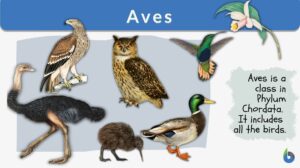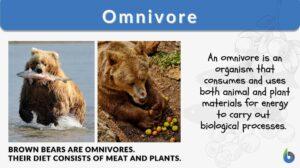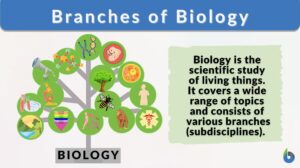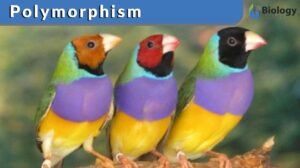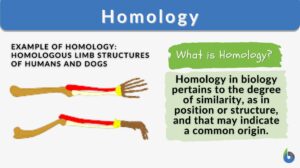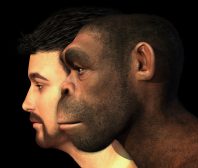Search Results for: natural classification
Natural classification
natural classification (Science: zoology) classification based on inferences concerning the phylogenetic relationships of... Read More
Allopatric speciation
We can define speciation as a process by which the novel genetically independent group of organisms are formed through the... Read More
Organic compound
Organic Compound Definition An organic compound is a compound that, in general, contains carbon covalently bound to other... Read More
Primitive Animals
Incorrect taxonomic classifications deemed organisms to be either animals or plants, in the Plantae or Animalia kingdoms... Read More
Living things
Living Things Definition A living thing pertains to any organism or a life form that possesses or shows the characteristics... Read More
Bee Species Outnumber Mammals And Birds Combined
Scientists have discovered that there are more bee species than previously thought. In the first global accounting of bee... Read More
Natural history
natural history A former branch of knowledge embracing the study, description, and classification of natural objects (as... Read More
Branches of biology
What is a Branch of Biology? A branch of biology is a specialized field or a sub-discipline in a much broader field of... Read More
Polymorphism
Polymorphism Definition The occurrence of two or more different forms or morphs in the population of a species is referred... Read More
Pantherinae
Definition noun A taxonomic subfamily belonging to the family Felidae, and includes the genera Panthera and... Read More
Biodiversity
Biodiversity Lead Author: J. Emmett DuffyThis article has been reviewed and approved by the following Topic Editor: John... Read More
Ecosystem diversity
Ecosystem Diversity Definition What is ecosystem diversity? Ecosystem diversity deals with the study of different... Read More
The Homo Species
Over the long term, it looked like Homo would supersede any ‘similar model’ of animals due to their unique tool using... Read More
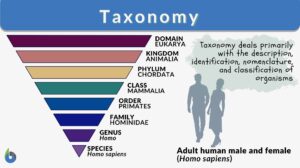
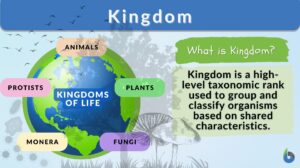



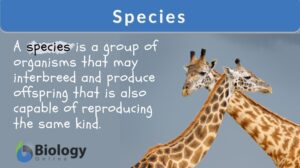

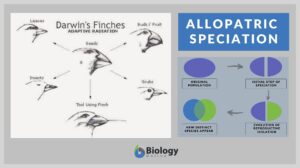


![Botany n., [ˈbɑt.ə.ni/] botany definition and example](https://www.biologyonline.com/wp-content/uploads/2019/10/botany-definition-and-example-300x168.jpg)



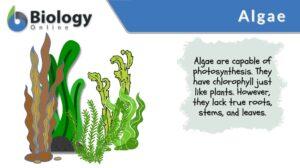
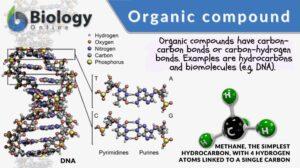
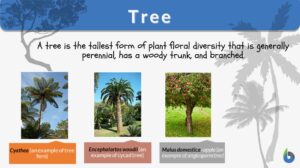
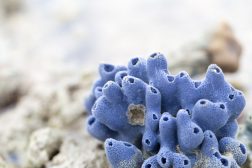


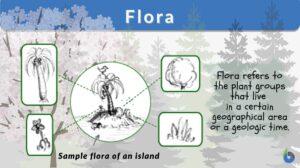
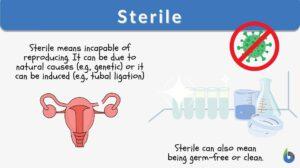

![Biology n., [baɪˈɑlədʒi] Definition: scientific study of life](https://www.biologyonline.com/wp-content/uploads/2021/12/biology-definition-and-branches-of-biology-300x168.jpg)
